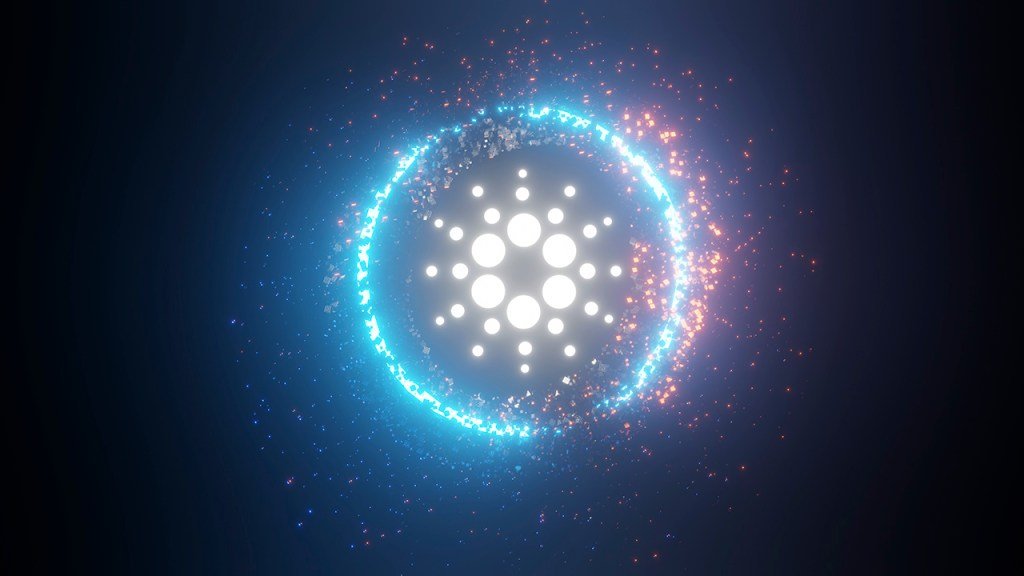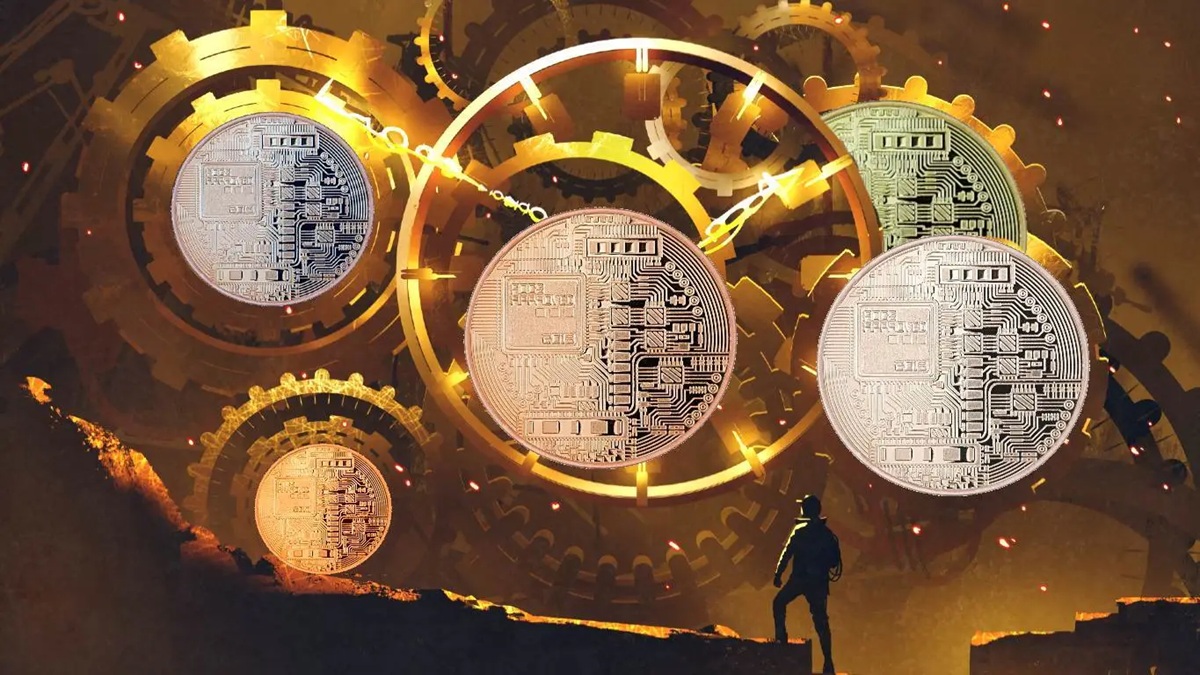According to the official Twitter page of Cardano operator Input Output Global Hong Kong, the long-awaited development in Cardano has taken place. The network’s long-awaited upgrade, the Vasil hard fork, successfully completed its first phase early Friday morning. Meanwhile, Binance produced the first block after the hard fork. Here are the details…
IOG announced the latest developments for Cardano: Hard fork has taken place
Input Output Global said in a Twitter thread that Vasil will bring improvements to the Cardano network, make it more scalable, and increase its efficiency and cost-effectiveness. cryptocoin.comAs we reported, hard forks are permanent updates to a Blockchain protocol that require all nodes or users to upgrade to the latest version of the protocol software.

Input Output said the Vasil hard fork will deploy new Vasil features to the network without losing existing data on the old Blockchain. Cardano delayed the update several times earlier in the year, citing it was “paying too much attention” to bugs. The final phase of the Vasil upgrade, a new version of Cardano’s smart contract platform Plutus, is expected to enter a “pre-production environment” on Saturday. It will then become fully active on the chain on September 27.
According to Input Output, the new Plutus V2 features and enhancements will help dApp developers build more powerful and efficient Blockchain-based applications within the network. Cardano’s ADA token price has surged 5.2 percent in the last 24 hours in Friday morning trading, eliminating any losses it has suffered in the past seven days.

The first block came from Binance
In the post-hard fork network, Binance, the largest cryptocurrency exchange by volume, produced the first block. Cardano co-founder Charles Hoskinson described Vasil as the hardest update developers have made since the project launched in 2017. As we reported, a hard fork occurs when the code of a network fundamentally changes and requires the creation of a new, separate version of a Blockchain.
For example, after the merge that took place last week, a hard fork occurred in the Ethereum network. It was an effort to maintain a proof-of-work version of Ethereum that relies on miners to verify transactions. However, the Vasil hard fork does not lose any data from the old version of the Blockchain. It will only offer new features and take advantage of Cardano’s hard fork defragmenter technology.





